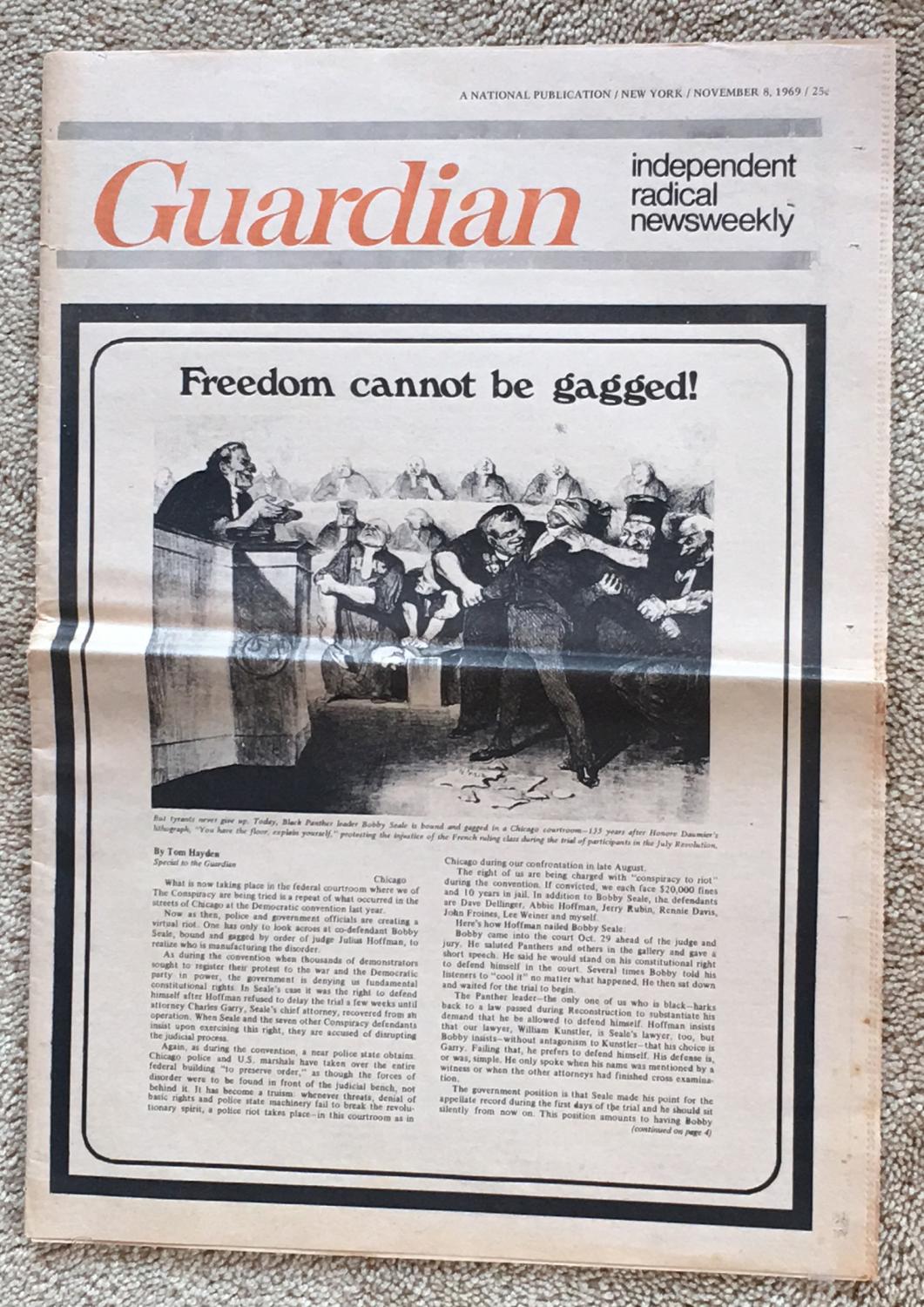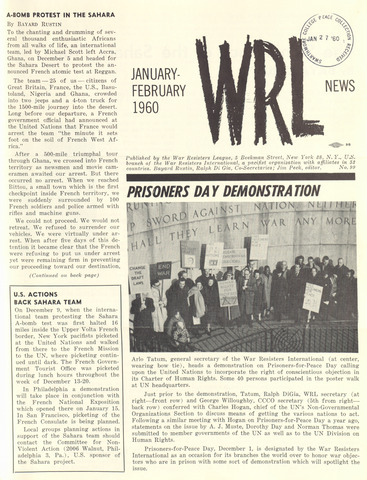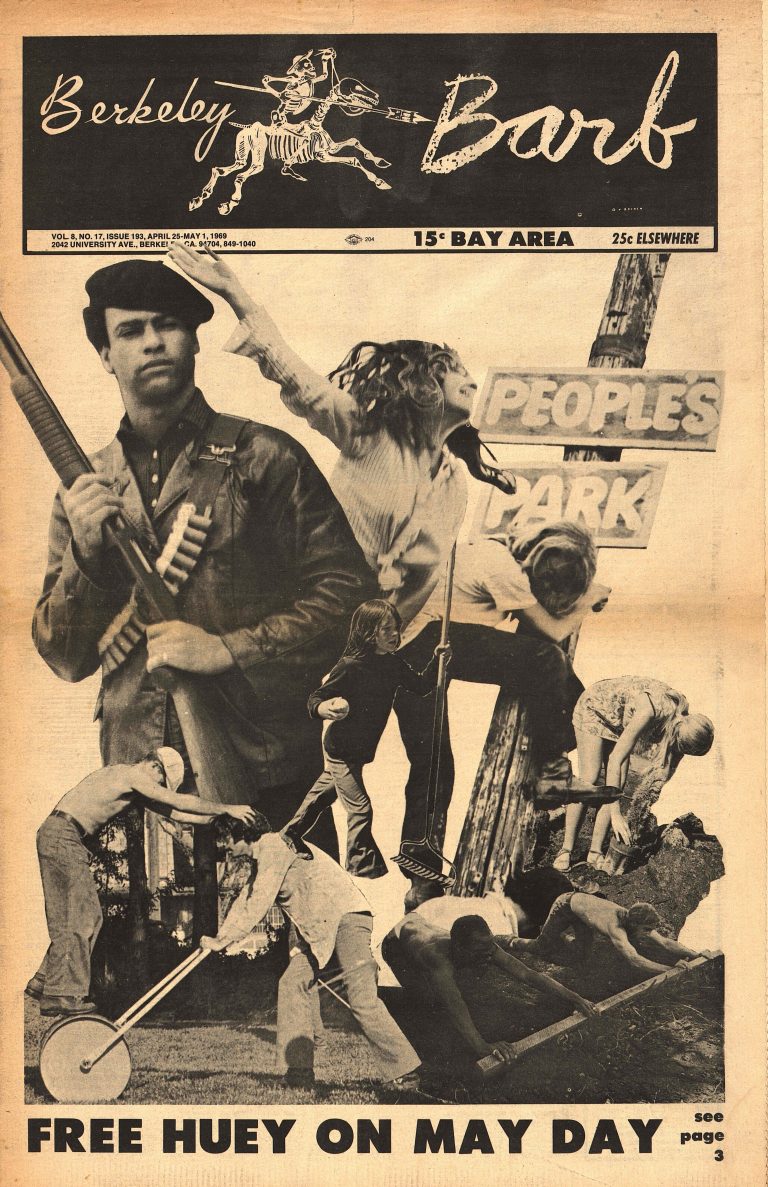
| Today's Library Hours | 9am – 7pm

The setting is Albany, Georgia, January of 1964. Participating in where the Quebec-Washington-Guantanamo March for Peace with some thirty other protestors, they all were arrested by the police a spent nearly two months in prison. They decided to carry on their use of non violent protest with a very poignant medium - fasting. Extreme to the point of hospitilization once they finally were granted release, Prison Notes accounts for real struggle in the name of fighting for equity. Deming presents the reader with dire stakes by recounting the adamant stamina and drive of her fellow protestors despite the psychical pain they endured for their cause.
THEMES:
HOPE.
"In this struggle we are unable to measure our hopes literally. So to keep our hope alive we feed om symbols." (pg.95)
STRUGGLE.
There is a jail within a hail here, hell within hell. The men and women behind these bars are not supposed to exist, but some are supposed to exist even less than others." (pg. 25)

 The Passionate Perils of Publishing
by
Celeste West
The Passionate Perils of Publishing
by
Celeste West
 The New Journalism
by
Michael L. Johnson
The New Journalism
by
Michael L. Johnson
 Unamerican Activities
by
Geoffrey Rips; Allen Ginsberg (Introduction by); Sol Yurick (Afterword by)
Unamerican Activities
by
Geoffrey Rips; Allen Ginsberg (Introduction by); Sol Yurick (Afterword by)
 Guardian : independent radical newsweekly
by
Weekly Guardian Associates
Guardian : independent radical newsweekly
by
Weekly Guardian Associates
 The Open Conspiracy
by
Ethel Grodzins Romm
The Open Conspiracy
by
Ethel Grodzins Romm
 The Nonviolent activist : the magazine of the War Resisters League
by
War Resisters League
The Nonviolent activist : the magazine of the War Resisters League
by
War Resisters League
 San Jose State College Survival Faire collection, 1969-1970
by
San Jose State University
San Jose State College Survival Faire collection, 1969-1970
by
San Jose State University
 How to Produce a Small Newspaper
by
Kathleen Cushman (Editor); Edward Miller (Editor); Lawrence G. Anderson (Editor)
How to Produce a Small Newspaper
by
Kathleen Cushman (Editor); Edward Miller (Editor); Lawrence G. Anderson (Editor)
 The Berkeley Barb
by
Berkeley University Students
The Berkeley Barb
by
Berkeley University Students